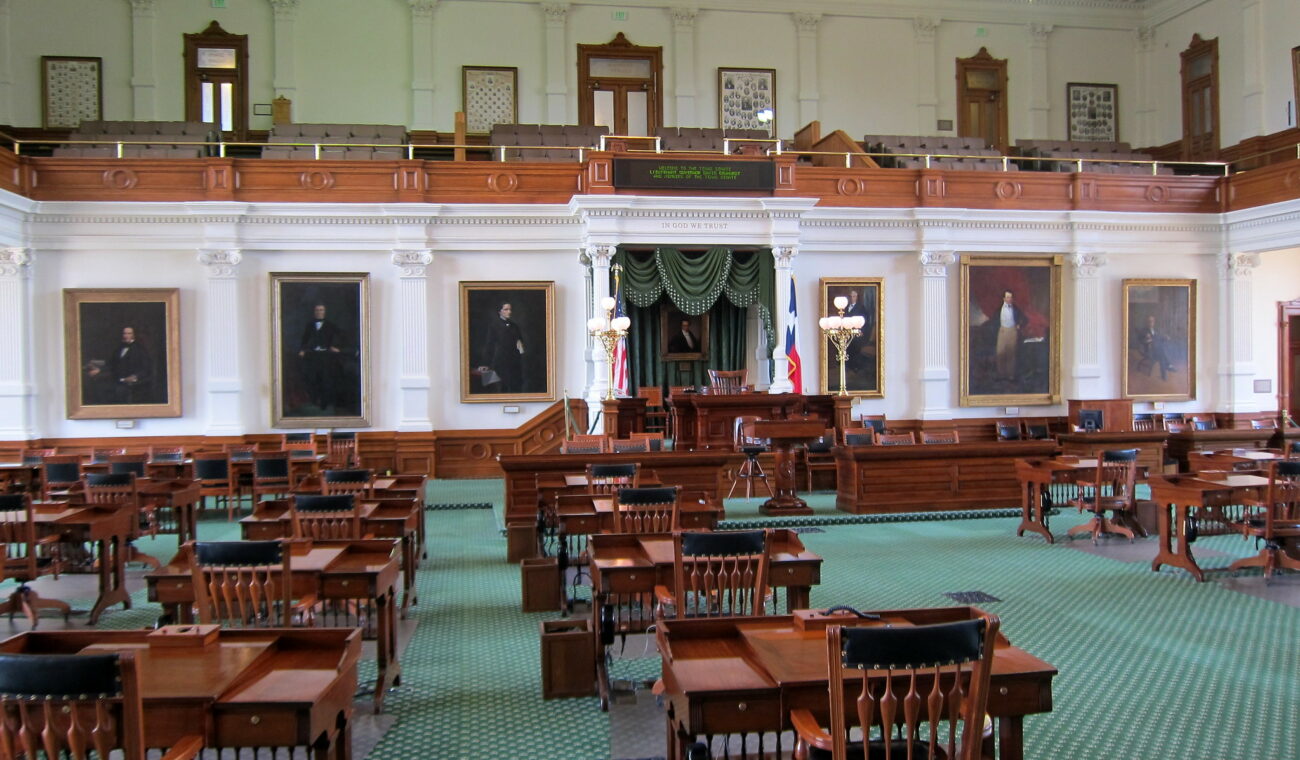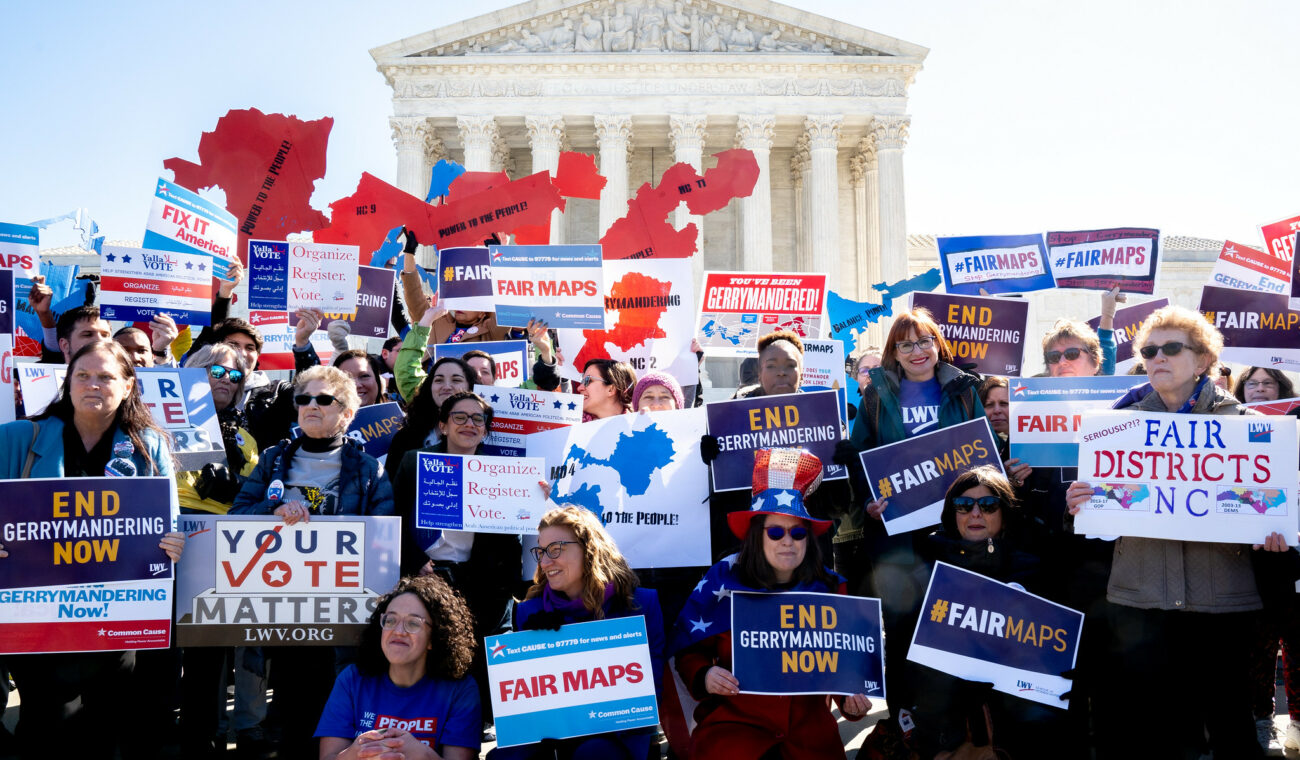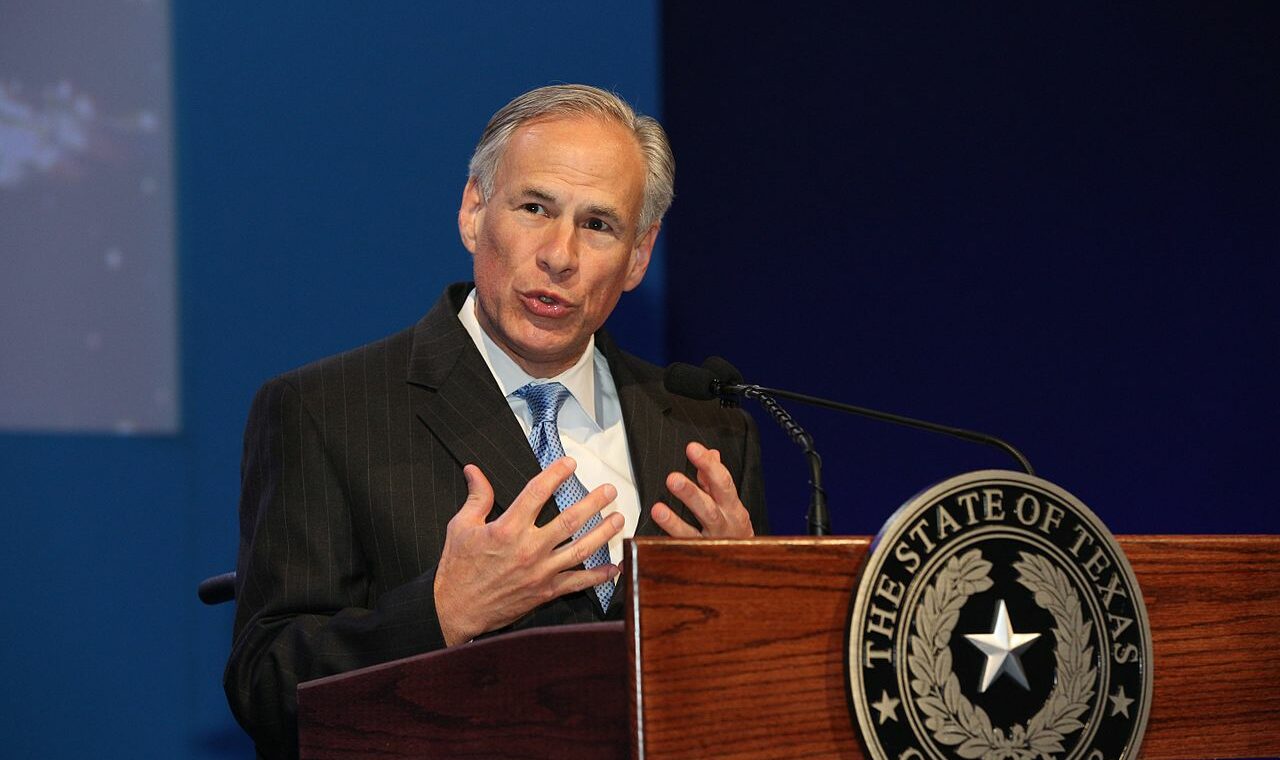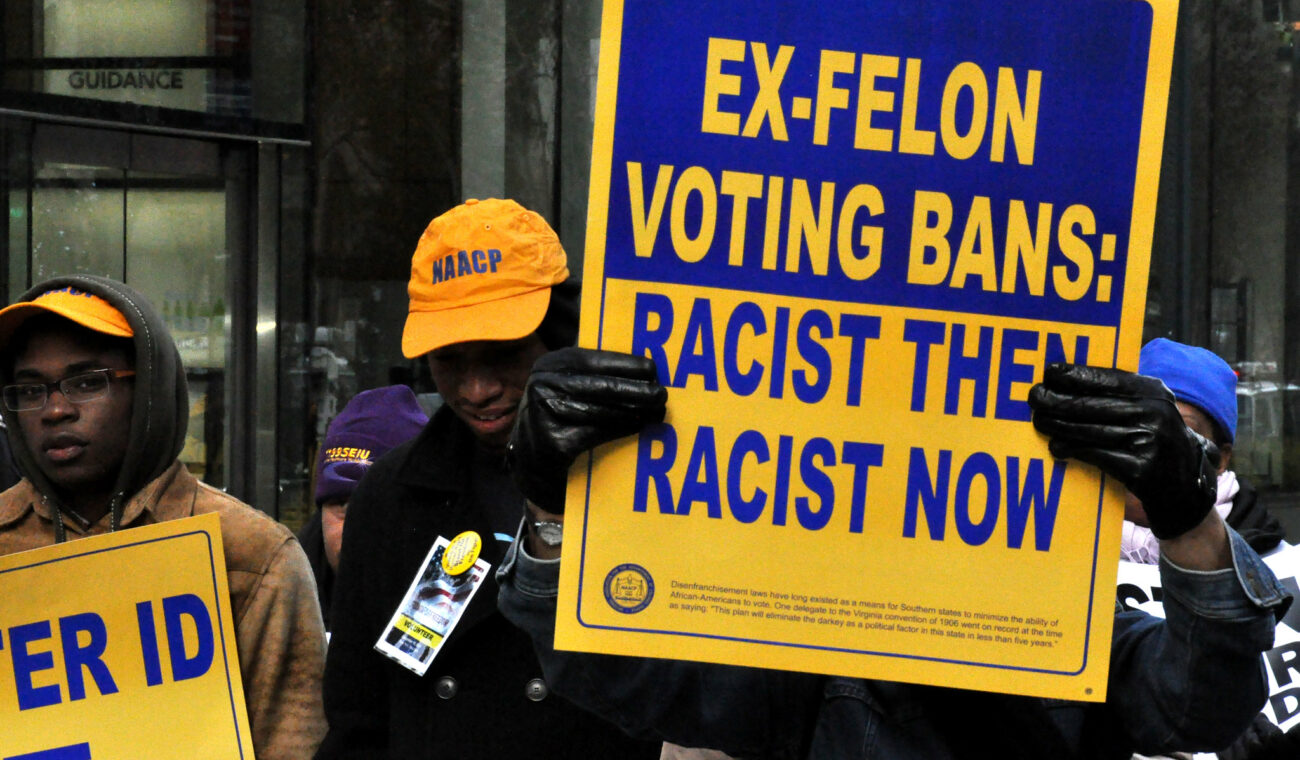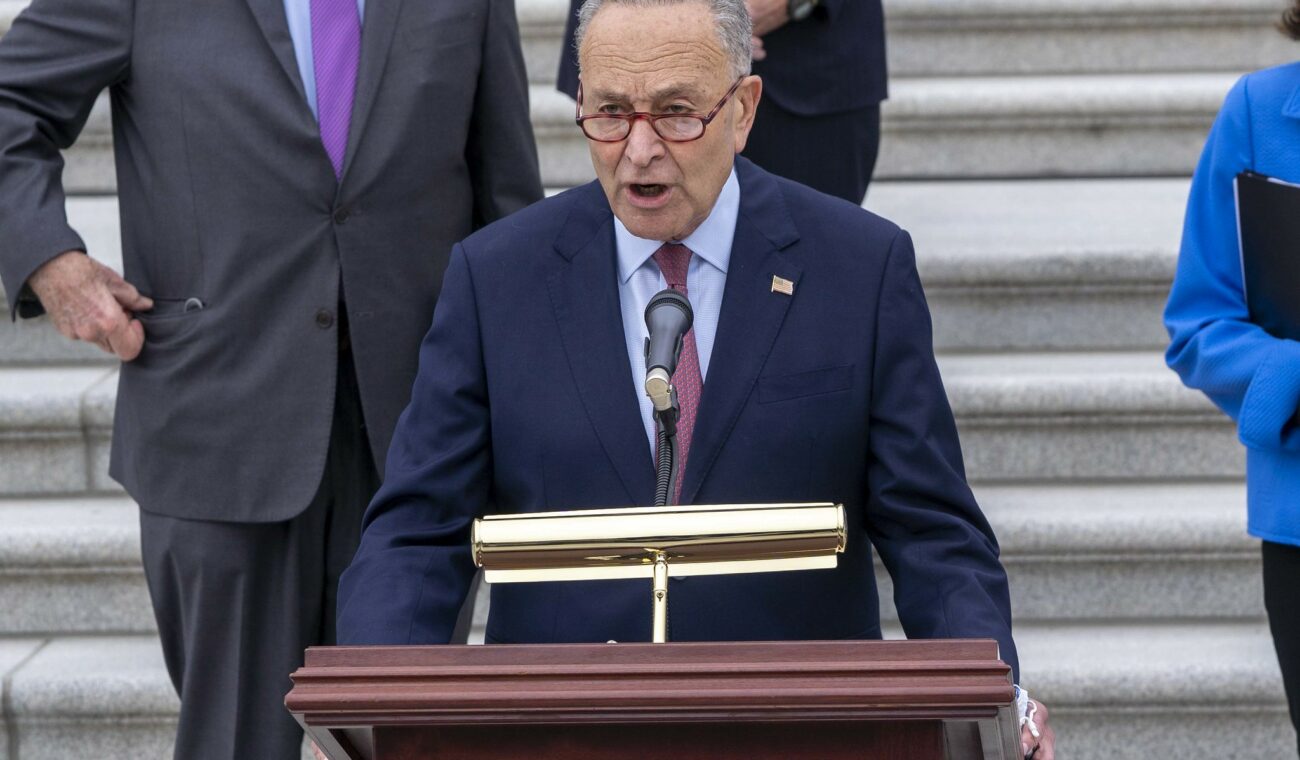Texas governor signs new GOP voting restrictions into law
Republican Governor Greg Abbott of Texas has signed a new elections law after a prolonged battle with Democrats in the state legislature. The bill was signed in Tyler, a city in East Texas, which is part of the district represented by Texas Senator Brian Hughes, who is credited as the main author of the bill. At least three lawsuits have already been filed against the state for what many view as its excessively restrictive policies regarding voting access. Visit the Associated Press to learn more. Image Credit:
Shelby County ruling could make it easier for states to get away with extreme racial gerrymandering
Legal experts are predicting great difficulties for the Department of Justice as the country enters its first redistricting period in over fifty years in which states and localities with a documented history of racial discrimination are not required to submit their redrawn electoral maps for federal “preclearance.” According to some legal analysts, the now-defunct “preclearance” policy not only gave the federal government the power to reject electoral maps that might have been designed to disadvantage minority voters, but also served as a deterrent to
Texas Lawmakers Pass Bill Restricting Voting Rights
Republicans in the Texas Senate have followed the House in passing, along party lines, a bill which voting rights advocates argue will unfairly restrict access to the ballot. The bill adds more identification requirements for mail-in voting, forbids unsolicited mailings of applications for mail-in ballots to eligible voters, and disallows drive-through voting and 24-hour voting. The bill has now been sent to Republican Governor Greg Abbot’s desk to be signed. Visit the Huffington Post to learn more. Image Credit: World Travel and Tourism Council (CC BY
Appeals Court blocks ruling that briefly expanded NC felon voting rights
A North Carolina state court of appeals has blocked an earlier ruling by a lower court which would have allowed felons to vote in the state upon release from prison, regardless of whether they had finished their probation or parole or paid off all related fines and fees. The decision by the lower court would have re-enfranchised roughly 56,000 people, but, pending the results of a lawsuit disputing the court of appeals’ decision, those North Carolinians remain unable to vote.Visit WRAL to learn more. Image
Progressives push Senate Democrats to nix filibuster ahead of voting rights fight
Now that Senate Democrats have missed their self-drawn August deadline for advancing voting rights reform, a coalition of more than 100 progressive groups are redoubling a campaign to pressure the party to eliminate the filibuster when the legislative body returns to work in September. “Fix Our Senate” leads the advocacy groups for lowering the requirement to end debate in the Senate from 60 votes to 51. They argue that, if this is not done, Democrats will miss their chance to protect voting rights in

